Business and public-sector leaders convene in Riyadh to discuss the future of human capital in the Kingdom of Saudi Arabia.
Rare insights from business leaders and government figures are captured in ADL report: ‘Economic Diversification: The Human Side.’
Senior representatives from PIF, government ministries, Nokia MEA, and HSBC Saudi Arabia, count among the participants.
Following the success of previous editions, Arthur D. Little has hosted its third Executive Leadership Workshop in the Saudi capital city, Riyadh. The invite-only event at the JW Marriott gathered more than 30 prominent leaders from business and government for candid discussions on human capital as Saudi Arabia strives to achieve the ambitions set out in Vision 2030.
Companies and organizations represented on the day include Saudi Public Investment Fund (PIF), the Ministry of Economy and Planning, the Ministry of Human Resources and Social Development, the Ministry of Municipal, Rural Affairs and Housing; Nokia Middle East and Africa, HSBC Saudi Arabia, Saudi Conventions and Exhibitions Authority, Diriyah Foundation, and SDM, among many others.
Topics on the agenda included (i) the existing skills gap in Saudi Arabia, (ii) the need to balance local and international talent, (iii) the impact of AI and automation, and (iv) adapting to change, with a focus on Gen Z. Across each of these timely topics, discussions revealed instructive insights that underscore the complexity and diversity of opinion that make human capital development so challenging – and that make KSA an exciting place to be.
During the roundtable, attendees reached consensus on several key points, including, but not limited to:
- Bridging the skills gap involves the development of a long-term ecosystem.
- Balancing foreign skills and local talent building requires a hybrid approach conducted on a sector-by-sector basis.
- Saudi Arabia is home to a young population. Within two decades, the majority will be outside of working age, creating an urgent need for human capital resources, both local and global.
- Implementing AI is no longer a choice in Saudi Arabia; it is a necessity. As such, the question is not whether to embrace AI, ,but how to manage and govern it for best results.
- It is important to give young Saudis space to experiment and learn from mistakes in order to grow into the leaders of tomorrow.
Drawing on the first-hand experience and expertise shared during the roundtable, ADL has launched an exclusive report, ‘Economic Diversification: The Human Side’, which offers unique Saudi perspectives on the key issues, trends, and challenges shaping the human capital landscape in the Kingdom.
The new report also builds on the data, research, and analysis presented in this year’s global ADL CEO Insights study, ‘Positive in an Uncertain World: Confident CEOs Reskill Companies for AI-Driven Growth’. The 2024 study, which gathered the views of almost 300 business leaders from around the world, found that 66% of chief executives anticipate improvement in the global economic outlook over the next three to five years, up from 37% in 2023.
Underpinning this optimism are several trends, including the rising importance of artificial intelligence (AI). In the study, business leaders in Saudi Arabia reported significant progress towards the introduction of AI across their organizations, with a quarter possessing a compelling company-wide strategy and 38% stating that AI has been implemented across several departments. These findings position KSA as a leader; at the global level, just 13% of organizations have a holistic AI strategy for all departments and 4% report no strategic implementation at all.
Commenting on the topic of AI during the roundtable discussions, Prof. Selwa A. F. Al-Hazzaa, CEO & Founder of SDM, emphasized the importance of acting now to harness the power of emerging technology: “If you’re not tech ready, you’ll be out of a job. If you embrace it, you won’t just have a job, you’ll be a leader.”
In the context not just of emerging technology but of evolving business needs across sectors, ADL Managing Partner, Thomas Kuruvilla, emphasizes the criticality of talent and skills development: “ADL’s CEO Insights 2024 highlights the importance of human capital, including the need for new skill sets and a whole new way of managing. It is a need that Saudi Arabia understands well, with 75% of executives in the Kingdom recognizing the importance of reskilling their employees.”
During the roundtable, Mohammed Babgi, Nomination and Remuneration Committee Member in Public Sector Organizations, homed in on recruitment in particular, highlighting the advances already made since the launch of Vision 2030 in 2016: “Over the last seven months we have significantly changed the way we attract top talent compared to the previous seven years.”
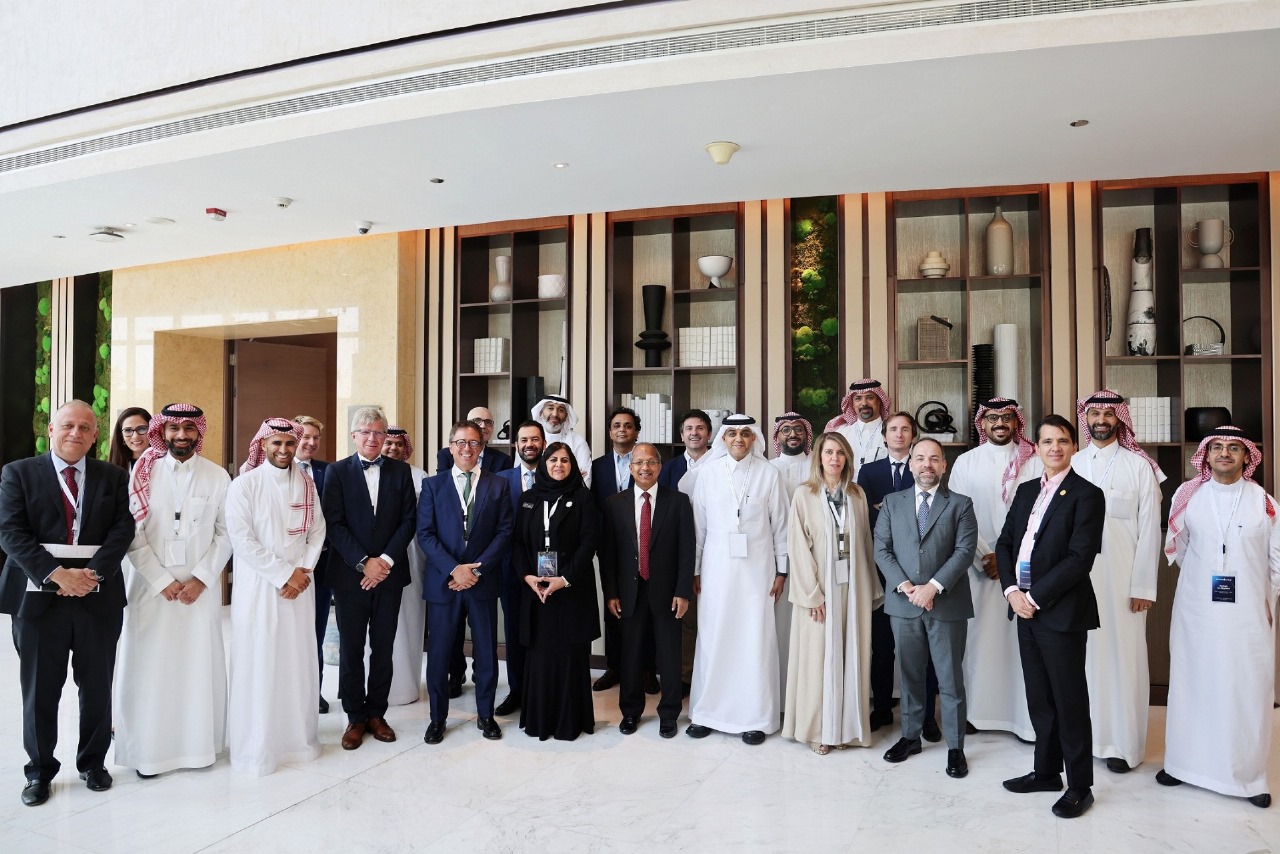

 أسواق5 سنوات ago
أسواق5 سنوات ago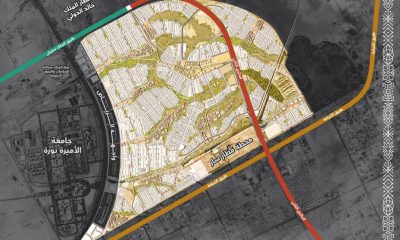
 عقارات5 سنوات ago
عقارات5 سنوات ago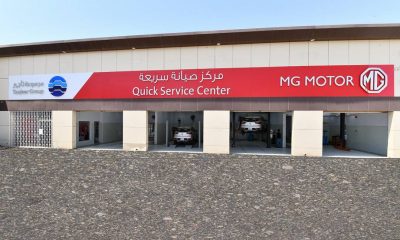
 سيارات5 سنوات ago
سيارات5 سنوات ago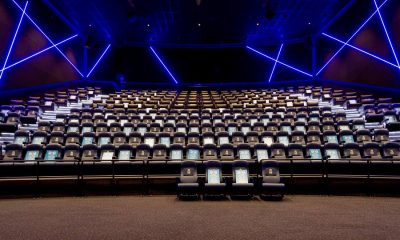
 فن5 سنوات ago
فن5 سنوات ago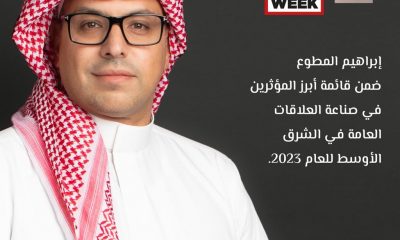
 منوعاتسنتين ago
منوعاتسنتين ago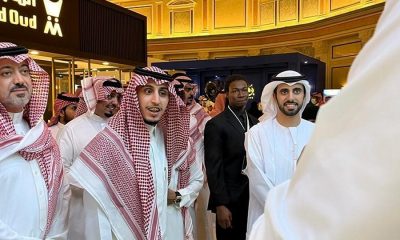
 عطورات3 سنوات ago
عطورات3 سنوات ago
 اتصالات وتقنيةسنتين ago
اتصالات وتقنيةسنتين ago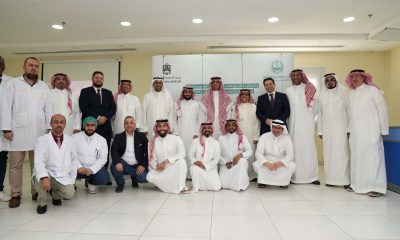
 عطورات3 سنوات ago
عطورات3 سنوات ago

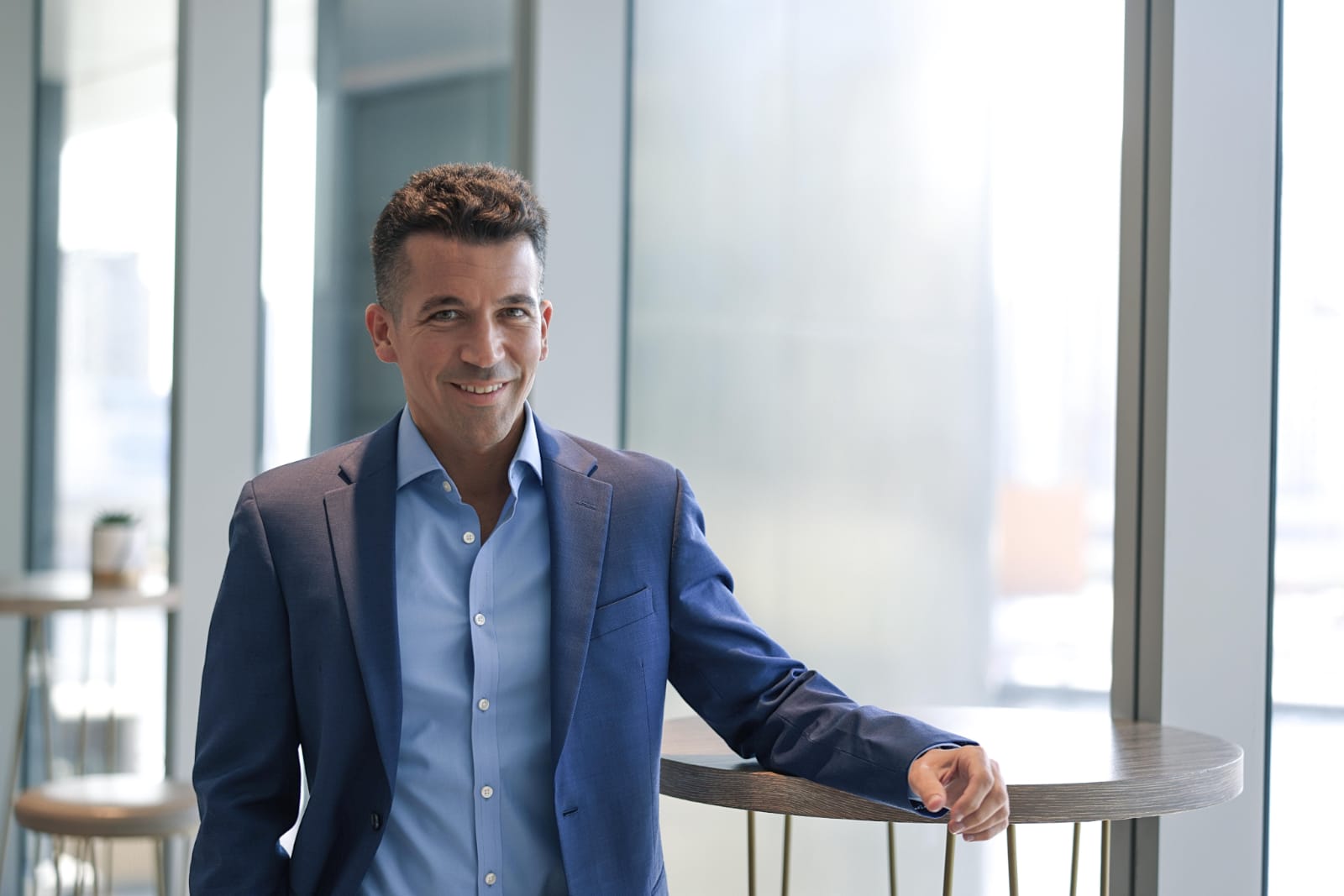


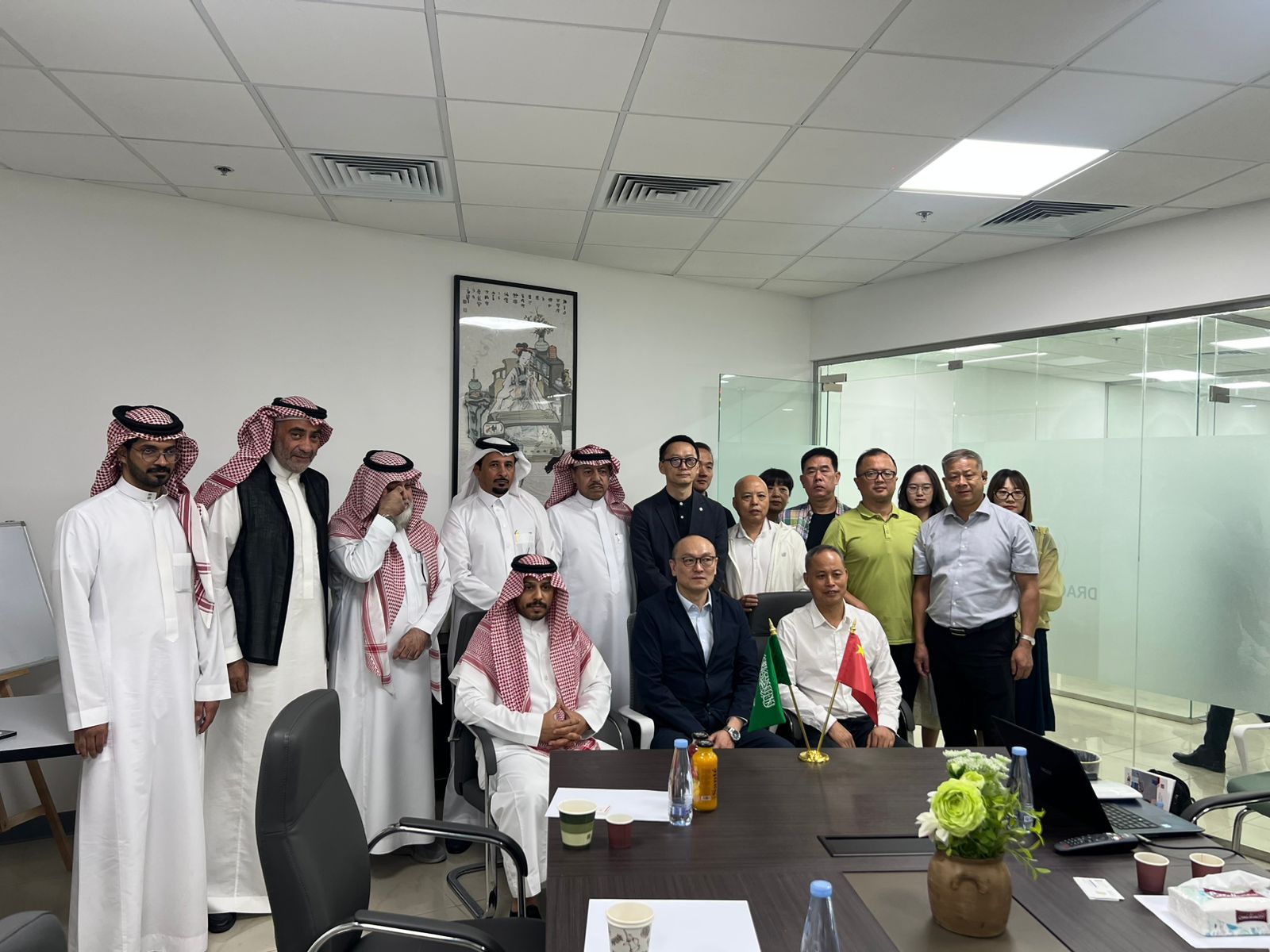
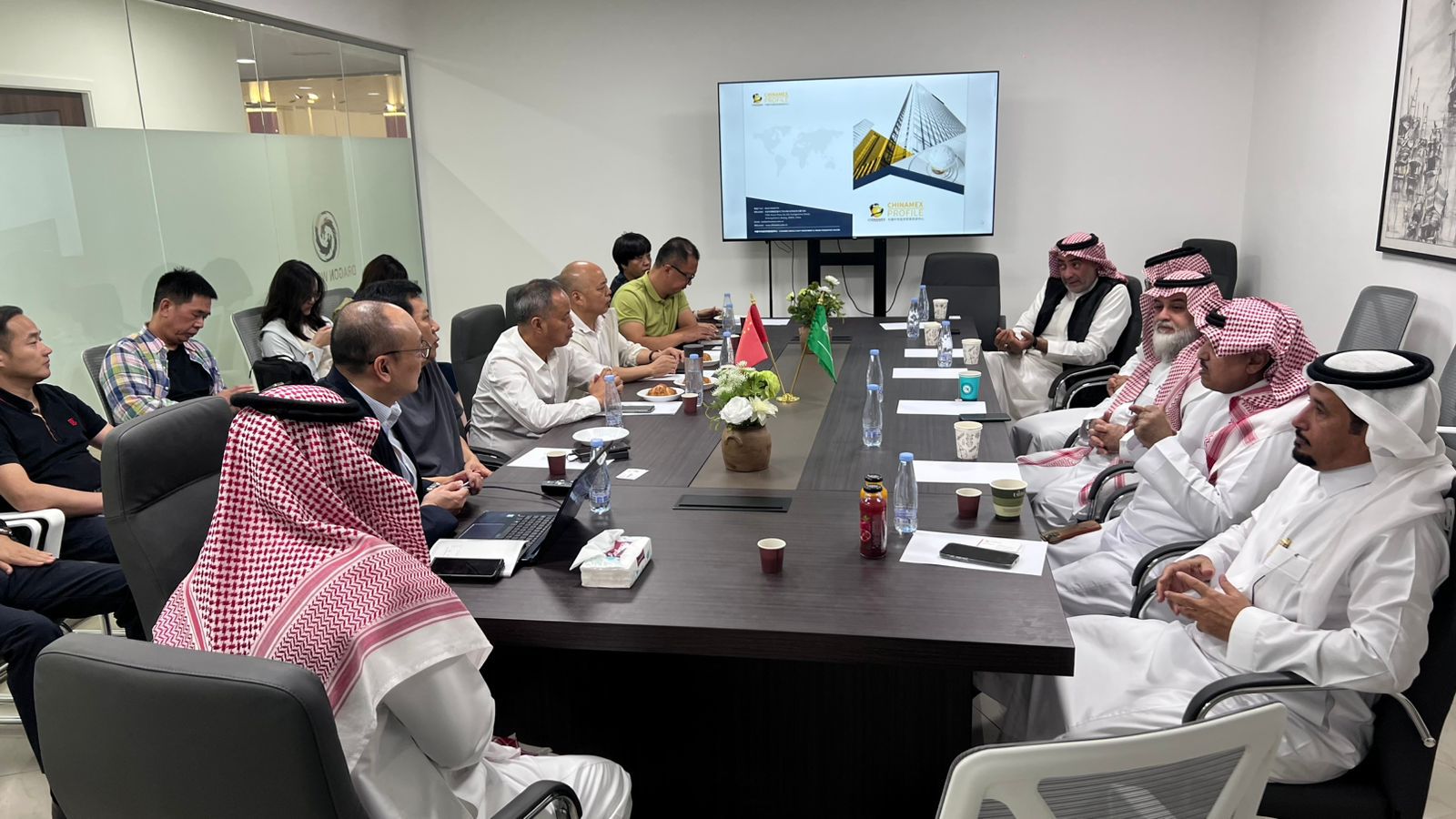
You must be logged in to post a comment Login